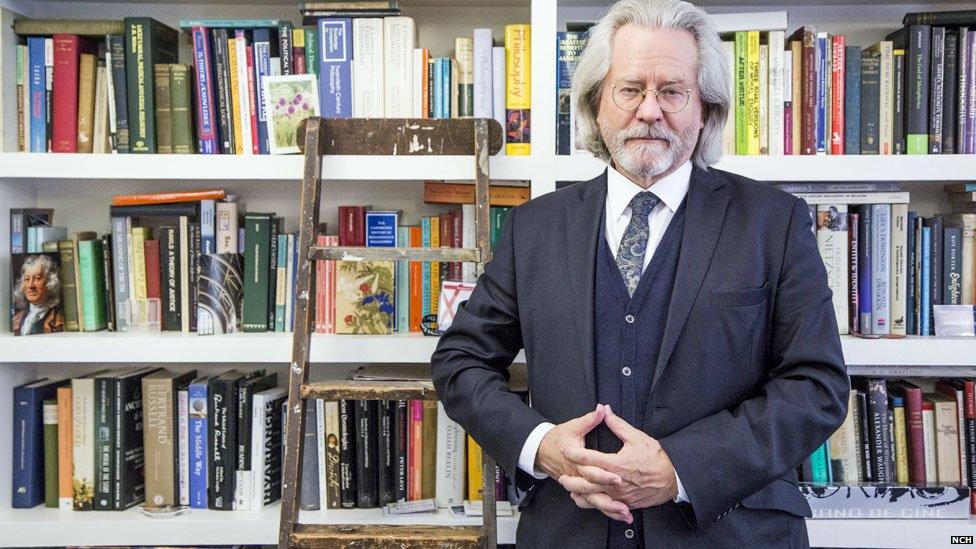What does post-truth mean for a philosopher?
- Published
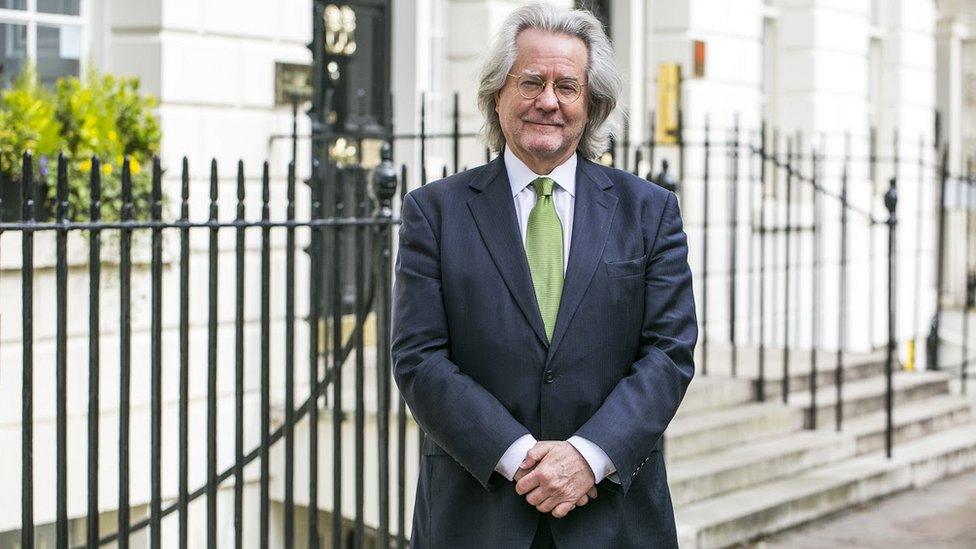
AC Grayling says a post-truth world threatens the "fabric of democracy"
"Post-truth" has come to describe a type of campaigning that has turned the political world upside down.
Fuelled by emotive arguments rather than fact-checks, it was a phrase that tried to capture the gut-instinct, anti-establishment politics that swept Donald Trump and Brexit supporters to victory.
Oxford Dictionaries made it the word of the year, defining it as where "objective facts are less influential in shaping public opinion than appeals to emotion and personal belief".
But what does this new world mean for academics and scientists whose whole purpose is trying to establish objective facts?
AC Grayling, public thinker, master of the New College of the Humanities, and Remain campaigner, views the post-truth world with undisguised horror.
The philosopher, awarded a CBE in the New Year Honours, warns of the "corruption of intellectual integrity" and damage to "the whole fabric of democracy".
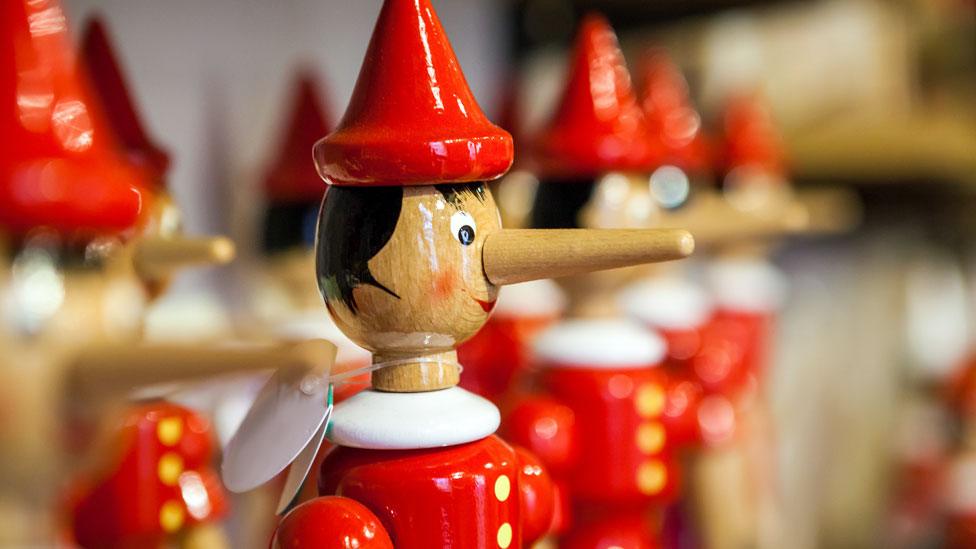
But where does he think the post-truth world has come from?
"The world changed after 2008," says Prof Grayling - politics since the financial crash has been shaped by a "toxic" growth in income inequality.
As well as the gap between rich and poor, he says a deep sense of grievance has grown among middle-income families, who have faced a long stagnation in earnings.
With a groundswell of economic resentment, he says, it is not difficult to "inflame" emotions over issues such as immigration and to cast doubt on mainstream politicians.
Another key ingredient in the post-truth culture, says Prof Grayling, has been the rise of social media.
It's not the soundbite any more, but the "i-bite", he says, where strong opinion can shout down evidence.
"The whole post-truth phenomenon is about, 'My opinion is worth more than the facts.' It's about how I feel about things.
"It's terribly narcissistic. It's been empowered by the fact that you can publish your opinion. You used to need a pot of paint and a balaclava to publish your opinion, if you couldn't get a publisher.
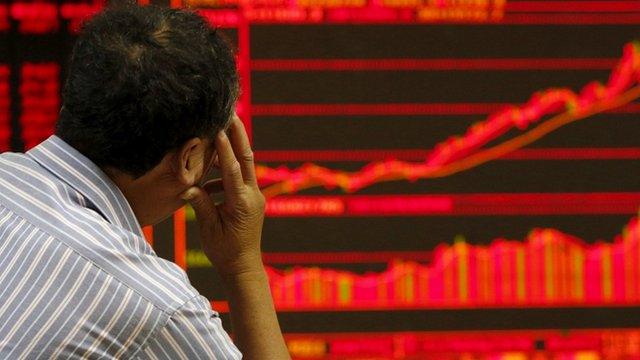
Prof Grayling says the idea of post-truth has its roots in the financial crash
"But all you need now is an iPhone. Everyone can publish their opinion - and if you disagree with me, it's an attack on me and not my ideas.
"The fact that you can muscle your way on to the front row and be noticed becomes a kind of celebrity."
"Fake news" on social media became part of the post-election debate in the US - and Prof Grayling warns of an online culture that can't distinguish between fact and fiction.
"Put the words 'did the' into Google and one of the first things you see is, 'Did the Holocaust happen?' and the links will take you to claims that it didn't," he says.
This process is "corrosive of our public conversation and our democracy" and he warns of a culture where a few claims on Twitter can have the same credibility as a library full of research.
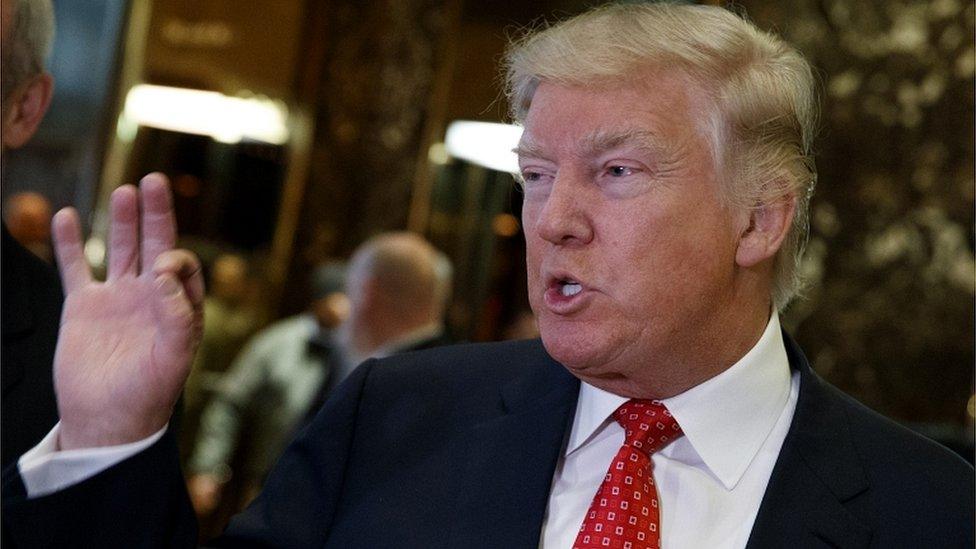
Has the success of Donald Trump changed the rules of campaigning?
Appropriately for a philosopher, he identifies post-modernism and relativism as the intellectual roots "lurking in the background" of post-truth.
"Everything is relative. Stories are being made up all the time - there is no such thing as the truth. You can see how that has filtered its way indirectly into post-truth."
He says this has unintentionally "opened the door" to a type of politics untroubled by evidence.
But hasn't this always been part of the battle of ideas?
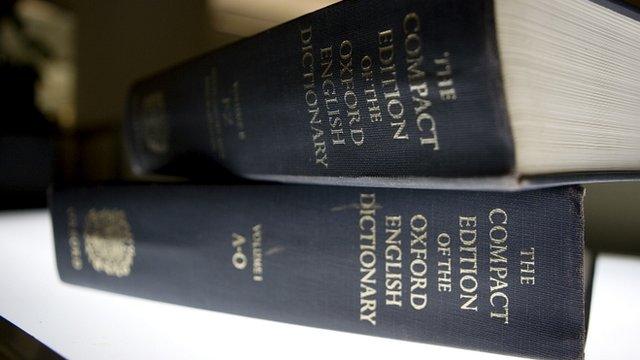
"Post-truth" was Oxford Dictionaries' word of the year for 2016
Prof Grayling tells the story of Adlai Stevenson, the unsuccessful liberal contender in the 1952 US presidential election, who was told: "Mr Stevenson, every thinking person in America is going to vote for you. And he said: 'Great, but I need a majority.'"
But the philosopher argues that there has been a significant shift beyond the boundaries of election spinning and into something fundamentally different.
He places his argument into a historical perspective, saying the international landscape is more like the volatile, intolerant era before World War Two.
"There are some really uncomfortable parallels with the 1930s," he says.
"These guys have realised you don't need facts, you just lie."
- Published27 October 2015
